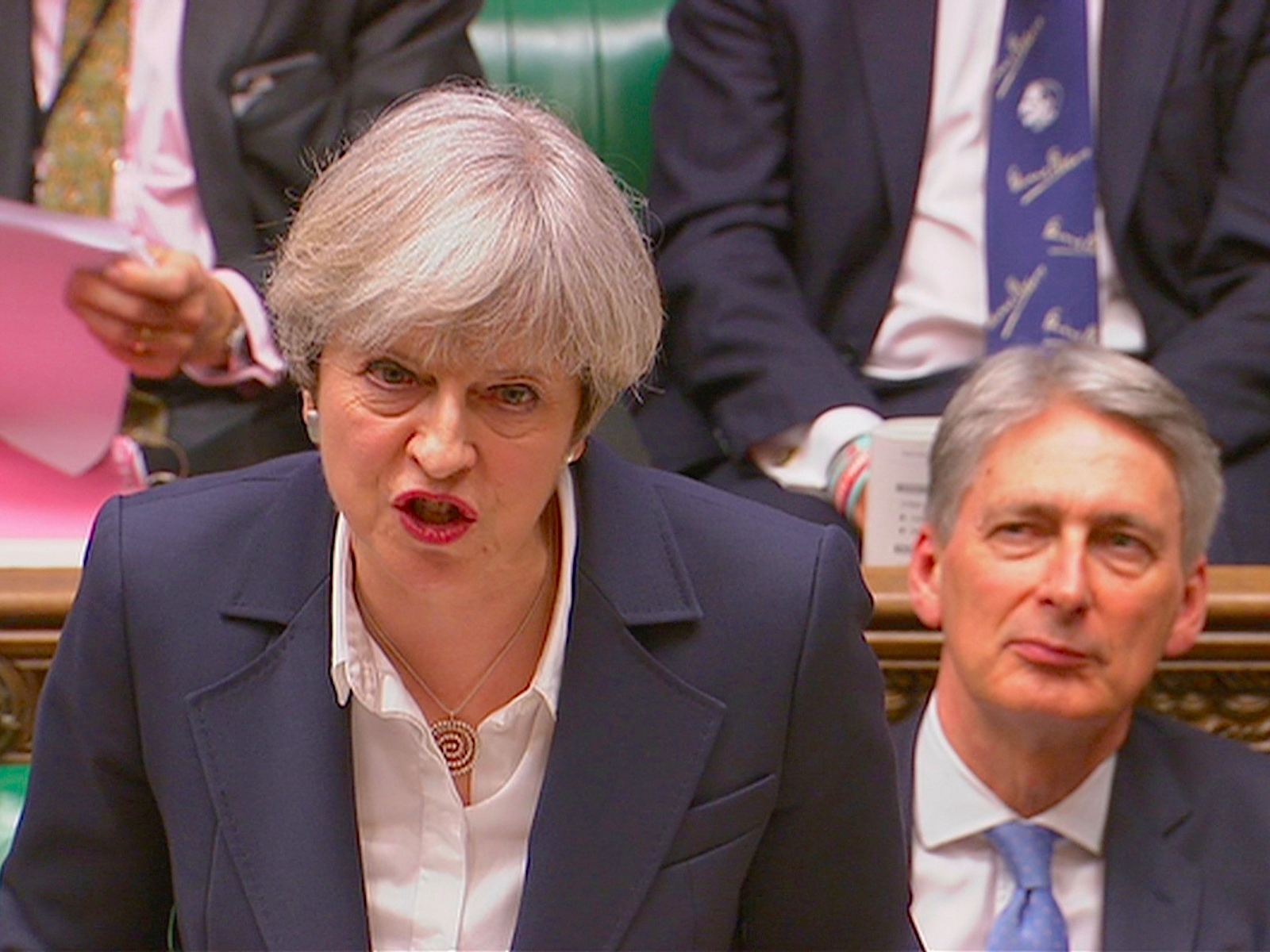Britain’s Prime Minister Theresa May and two of the most important politicians involved in Brexit negotiations are going on a huge roadshow across some of the world’s fastest growing economies to begin the process of forging new trade deals this week.
Britain’s Chancellor Philip Hammond will arrive in New Delhi, India on Tuesday to start probably one its most important talks early in the Brexit negotiation process while the UK Trade Secretary Liam Fox will tout trade ties with some of the world’s fastest growing economies.
- Hammond is set to tout British fintech company services to India as it is quickly moving towards becoming a less cash-based economy. Fox is tasked with creating new trade ties and deals with potentially lucrative export markets, such as Indonesia, the Philippines, Malaysia, and the Gulf. UK Prime Minister Theresa May will also visit Jordan and Saudi Arabia to talk trade and security.
Hammond and Fox will be under pressure to strengthen and increase export and import ties with the fast-developing economy of India. This is because Britain is pinning its hopes on forging trade deals with big non-EU nations to bolster trade in the run-up to the UK leaving the European Single Market.
“Exports to the EU have grown less quickly than exports to non-EU countries over the past decade (5% versus 60% growth). Negotiating trade deals with the likes of the USA and China could see that growth gap widen further,” said investment bank ING in a note to clients last month.

Prime Minister May is taking Britain towards a "hard Brexit" - Britain leaving the European Union without access to the Single Market in exchange for full control over immigration.
The complex, difficult agreement will cover everything from immigration to trade. Brexiteers claim that one of the biggest positives to come from leaving the EU will be the ability to strike new trade deals with countries all over the world.
But unfortunately, a number of experts have said that it is highly improbable that Britain will be able to secure a solid trade deal with the EU, or any other countries, in just two years. Two years is simply not long enough.
A chart of the Brexit talks timetable from the same ING report illustrates this. ING also pointed out that one of the largest and most important trade deals in recent history - the CETA EU-Canada free trade deal - "was seven years in the making, but was almost scuppered by the Wallonia regional government in Belgium."
"All EU member states will have to approve the eventual UK-EU trade deal and some constitutions require regional parliaments within a country to do likewise. The fear is that the UK could effectively be held hostage as member states try to get concessions from the EU on issues unrelated to Brexit."
So considering only 10-11 months of that timetable is assigned to negotiations on all subjects - and that is without delays - it looks highly unlikely that Britain would be able to secure a trade deal with the EU within two years.
Meanwhile, Michael Sippitt, chairman of London-based law firm Clarkslegal, told Business Insider last week that Britain will not be ready to trade on a global scale after leaving the EU.

